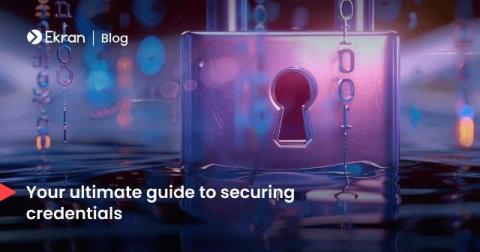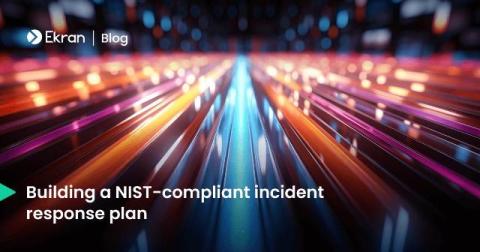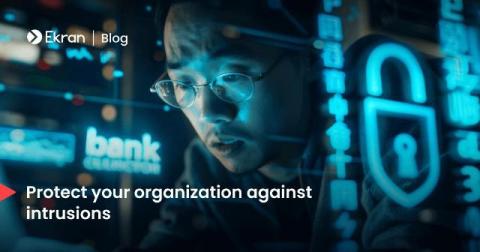What is Data Misuse? 4 Ways to Detect and Prevent Misuse of Information
Access to data comes with significant responsibility, and misuse of this access can negatively affect organizations. When employees misuse data for personal gain or other unauthorized purposes, it can jeopardize data security and lead to costly breaches. Indeed, 68% of data breaches involve a human element, according to the 2024 Data Breach Investigations Report by Verizon.






